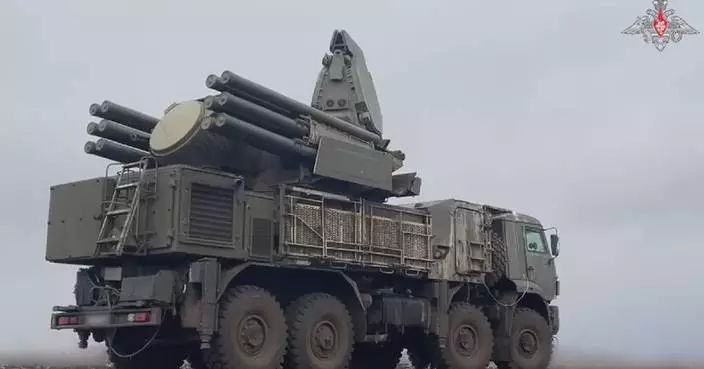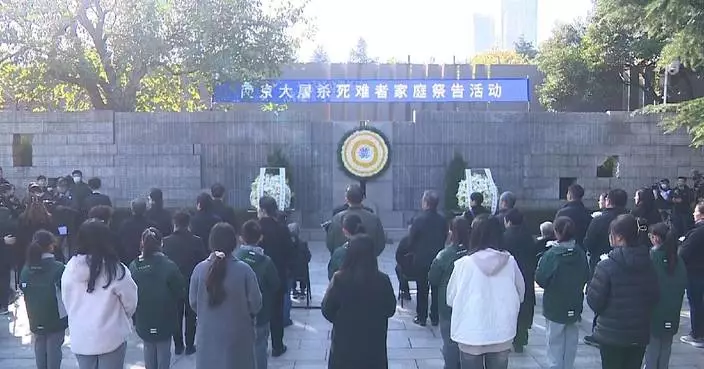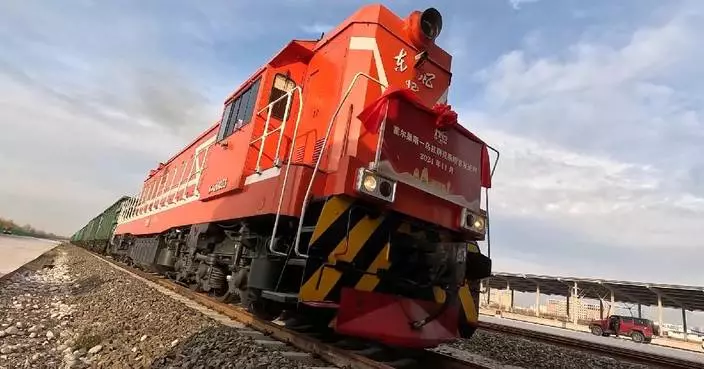China has cultivated a total of 14,600 "little giant" enterprises that use special and sophisticated technologies to produce novel and unique products, according to a conference which commenced in Shanghai on Sunday.
The three-day conference on the development of small and medium enterprises (SMEs) applying special and sophisticated technologies to produce novel and unique products also reported that China has incubated more than 140,000 SMEs using special and sophisticated technologies to produce novel and unique products, along with over 600,000 sci-tech and innovative SMEs. Meanwhile, the cultivation of high-quality SMEs at different development stages is progressing steadily.
"Little giants" refer to the novel elites of China's SMEs that are engaged in manufacturing, specialize in a niche market, and boast cutting-edge technologies.
In terms of sectors, almost 90 percent of "little giant" enterprises operate within the manufacturing sector, with over 80 percent positioned in strategic emerging industries such as integrated circuits and aerospace. More than 90 percent function as suppliers to renowned domestic and foreign large enterprises, underscoring their crucial role in consolidating the industrial foundation and supply chains.
In the realm of innovation capability, "little giant" enterprises boast an average research and development investment-to-revenue ratio of seven percent, with an average of 22 authorized invention patents, reflecting a 30-percent year-on-year increase, significantly surpassing that of similarly sized enterprises.
Besides, as primary drafting units, "little giant" enterprises have formulated and revised more than 50,000 standards, averaging over three standards per unit.
In terms of the development of future industries such as artificial intelligence and the low-altitude economy, nearly 5,000 "little giant" enterprises operate in related fields.
This year, 146 SMEs utilizing special and sophisticated technologies to produce novel and unique products have been included in the Global Unicorn List by the Hurun Group, constituting 43 percent of the total number of unicorn enterprises in China.
"We will leverage the leading role of 'little giant' enterprises to stimulate the emergence of more SMEs employing special and sophisticated technologies to produce novel and unique products. We will support SMEs' participation in shoring up weak links in supply chains, as well as facilitate the integration of more SMEs employing special and sophisticated technologies to produce novel and unique products into the supply chains of large enterprises. We will also promote the centralized development of high-quality SMEs, and categorize and cultivate clusters of SMEs with unique advantages, aiming to achieve full coverage of digital transformation for 'little giant' enterprises using special and sophisticated technologies to produce novel and unique products by 2027," said Jin Zhuanglong, China's Minister of Industry and Information Technology.
Moreover, various regions nationwide are implementing multiple measures to stimulate the emergence of more SMEs utilizing special and sophisticated technologies to create novel and unique products.
For instance, in Shanghai, efforts are being made to guide SMEs utilizing special and sophisticated technologies to create novel and unique products to integrate into the new development paradigm. The city also organizes regular industrial chain matchmaking events for these enterprises.
As of now, Shanghai is home to over 11,000 SMEs utilizing special and sophisticated technologies to create novel and unique products, representing a growth of over tenfold in the past decade.
To encourage those companies' growth, the city also facilitated process of support application. Required documents will be generated by the online government service platforms and sent to those eligible businesses. They can access the relevant services after confirming their desire to apply, free from filling out forms, submitting documents or waiting for approval.
"Starting next year, Shanghai's special funds for the development of SMEs and policies for enterprises employing special and sophisticated technologies to create novel and unique products will take a no-application and immediate-enjoyment approach. This will also reduce the amount of materials required by enterprises and lower institutional transaction costs," said Cao Qingqing, deputy director of the office for promoting the development of SMEs in Shanghai.
Beyond Shanghai, Guangdong Province in south China, for example, is implementing a "chain transformation" strategy to facilitate more than 40,000 large industrial enterprises in driving the digitization of 800,000 SMEs. This initiative aims to empower enterprises to enhance revenue and profits through digital transformation.
"By tailoring 'small, light, fast, and accurate' products and solutions to the characteristics and needs of various industries, we assist SMEs in the digital transformation of key processes such as design, manufacturing, and security," said Zheng Hua, deputy director of the division of industrial internet at Guangdong Provincial Department of Industry and Information Technology.
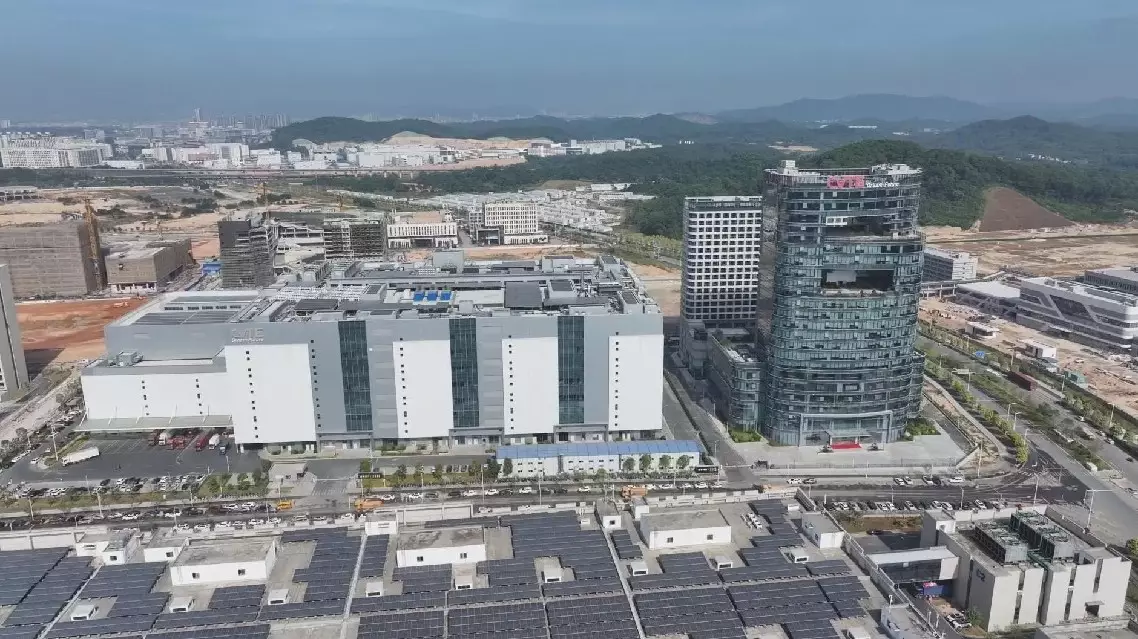
14,600 "little giant" firms cultivated in China thanks to continuing fiscal, policy support
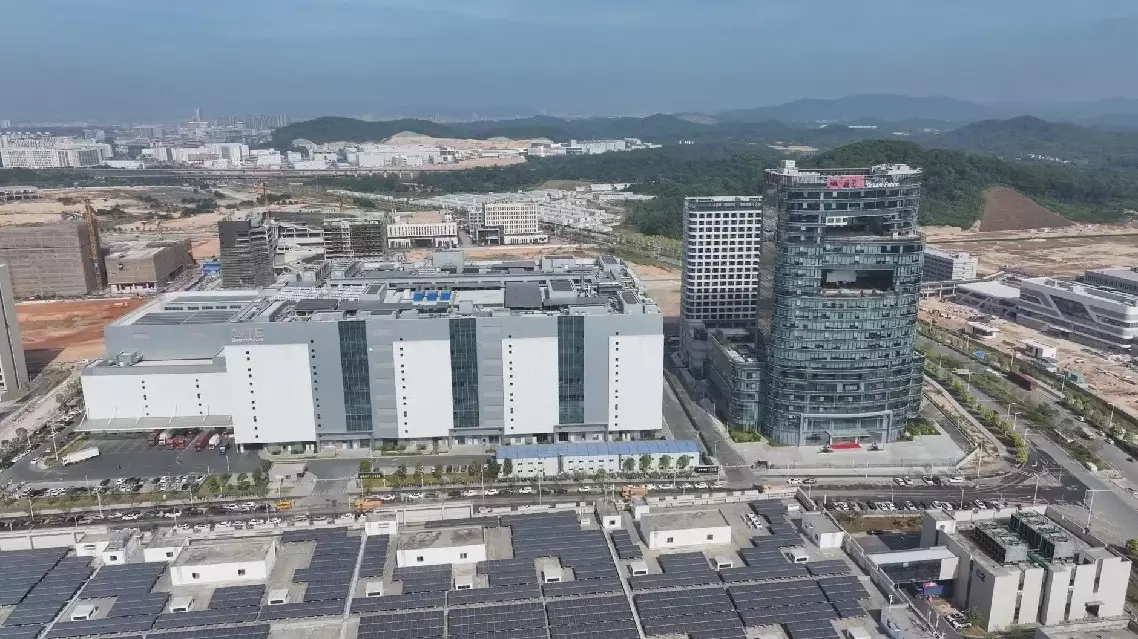
14,600 "little giant" firms cultivated in China thanks to continuing fiscal, policy support






